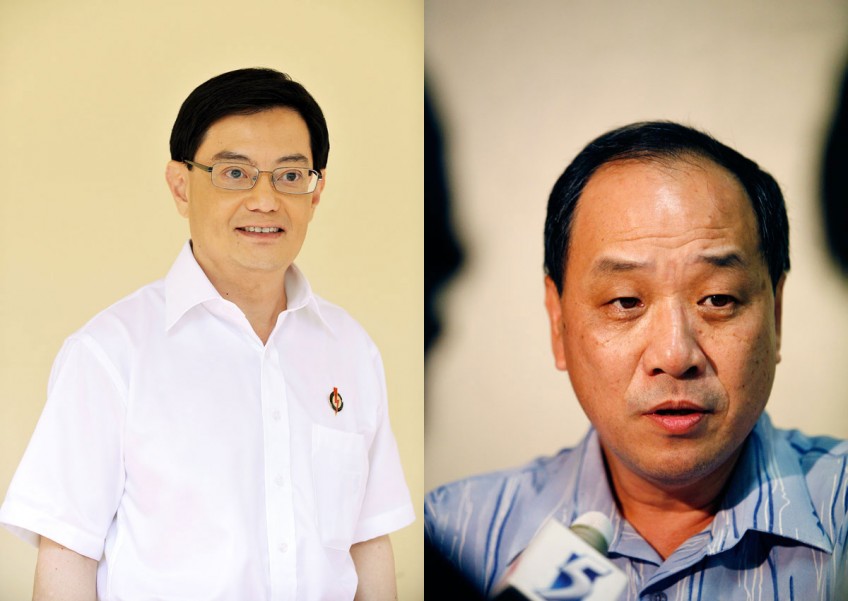Name okay, but clause sparks war of words

A war of words broke out in Parliament yesterday over the Bill to rename the Institute of Southeast Asian Studies (Iseas).
The Workers' Party (WP) was accused of being insincere and disappointing after it had objected to an amended clause in the Bill that now empowers a Minister to appoint all of the institute's board members.
The Bill was introduced in May to rename the research institute to the Iseas-Yusof Ishak Institute, in honour of Singapore's first president.
Iseas was established in 1968 by an Act of Parliament in Singapore as an autonomous research organisation "for the promotion of research on South-east Asia and on matters pertaining to South-east Asia".
But yesterday, WP chairman Sylvia Lim said the Bill was more than just a name change and it would "change the structure of its Board of Trustees in a very fundamental way".
"It appears to be a regression from its original statutory structure that guarantees representation of a diversity of interests, to one whose direction will be set by a Board consisting solely of a Cabinet Minister's appointees."
Currently, the board's chairman, vice-chairman and seven other members are appointed by the President, while the 15 other board members are appointed by various bodies.
The Bill will streamline the board to just 14 members, including the chairman and vice-chairman. They will all be appointed by a Minister.
Education Minister Heng Swee Keat, however, accused Ms Lim of politicising the issue as the Bill was meant to honour Singapore's first president and make the board more effective and accountable.
CLAUSE
He found it curious that Ms Lim would focus on that particular clause when there were other new clauses that would improve the financial provision of the institute.
He pointed out that all of the Ministry of Education's statutory boards, polytechnics and Institutes of Technical Education have their respective board members appointed by a minister.
"Has this in any way detracted from their ability to do good work? Not at all. On the contrary, we take great care in selecting the right people for the board. We take corporate governance seriously," he said.
"The (Bill) is our way of thanking and honouring Encik Yusof for his service to Singapore, of committing ourselves to the principles of harmony and unity that he held dear and... the legacy he has left us."
Things got even more terse when WP chief Low Thia Khiang stood up and asked whether there was a hidden agenda to the Bill.
He said: "We were wondering whether the Government is sincere in honouring Encik Yusof Ishak. Is it a disguise in... changing, you know, the appointment power of the board?"
Mr Heng replied that he was surprised and disappointed with Mr Low's comments, given his many years in politics.
"Iseas has been an important institution in Singapore over the years... (and) will continue to play a major role in the years forward... within Singapore as well as with our partners. It is critical to our success in the future.
"So why would I as a minister make an amendment to the change in order to make Iseas less effective? I hope that Mr Low... you do not start imagining things when there is none and that is not good for governance."
Mr Low later said the WP was in favour of the name change, but could not understand why there was a need to change the manner of the appointment of the board members.
"We cannot square with the change that (is) being tumpang (Malay for 'hitch a ride') with the name change. That is something which is not in accordance with the spirit of you wanting to change the name to honour the President."
After about an hour, Speaker of Parliament Halimah Yacob said the session was going in circles and put the Bill to a vote, but not before Ms Lim requested WP's objection, due to the particular clause, be put on record.
The House voted in favour of the Bill, which was then passed and will take effect on Aug 12.

This article was first published on July 15, 2015.
Get The New Paper for more stories.